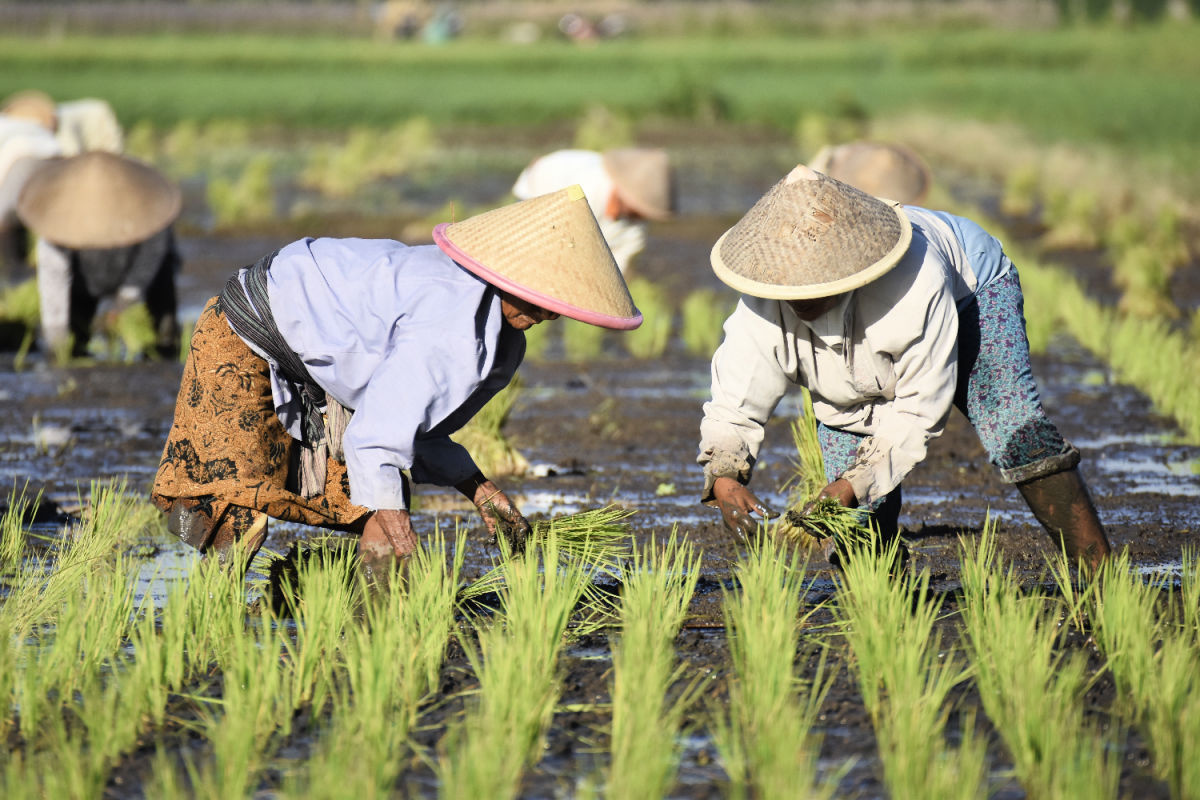In an exciting move towards fostering national self-sufficiency, the Indonesian Government is gearing up to decrease reliance on food imports. This significant change comes with important implications for both locals and tourists alike.

Indonesia’s Commitment to Food Self-Sufficiency by 2027
Starting in 2025, the Indonesian government plans to halt the importation of major commodities, aiming for a remarkable self-sufficiency milestone by 2029, which has now been advanced to 2027. This means that farmers will ramp up production, allowing the nation to rely more on local agriculture.
As I think back to my last trip to Bali, I vividly remember the vibrant markets bursting with fresh, locally-grown produce. With this new initiative, we can expect to see even more of this incredible bounty featured in restaurants and markets.
Support from the Government
During a recent press event, Food Minister Zulkifli Hasan emphasized that achieving food self-sufficiency is a critical priority for the government. He stated, “Food self-sufficiency has been the government’s top priority since the initial target achievement in 2029, but this has been advanced to 2027. Everyone must work hard and commit to realizing this.”
This commitment isn’t just about policy; it’s a promise to strengthen local farmers. For instance, Hasan mentioned, “We decided not to import rice next year so that farmers can plant a lot of rice, and the price in the market is good.” Imagine the taste of a freshly harvested Balinese rice dish, knowing it supports local agriculture!
Changes to Expect
The Minister also outlined plans to stop importing other crucial goods, including salt, corn for animal feed, and sugar. These changes will foster an environment where domestic farming thrives, ensuring markets remain stocked with fresh produce.
Long-term Implications for Tourists
So, what does this mean for tourists in Bali? In the immediate future, food availability might not see dramatic changes. But as imports slow down over the next few years, your favorite international brands—perhaps a beloved snack from home—might become a bit harder to find.
On the other hand, this is an excellent opportunity to dive into Bali’s culinary scene! Expect to see more restaurants focusing on local dishes and the incredible flavors of Indonesian produce. It’s a chance to support local farmers while enjoying some delicious authentic meals.
Consider this: What if you took a cooking class to learn how to prepare local dishes using ingredients sourced from the nearby markets? Not only would you savor the experience, but you’d also take the rich flavors of Indonesia back home!
Protecting Bali’s Agricultural Heritage
This initiative could also play a crucial role in preserving Bali’s unique agricultural landscapes. As the demand for local produce increases, it may help protect rice paddies and food forests that are vital to the island’s charm and identity.
What’s Next for Indonesia’s Food Production?
Trade Minister Budi Santoso noted that while some products are imported, Indonesia also boasts rich agricultural exports ranging from palm oil to various fruits. This suggests that as local production ramps up, there’s potential for increased exports and a secure food supply.
As I reflect on my experiences in Bali, I’m thrilled by the thought that the local agricultural sector could flourish, potentially leading to healthier ecosystems and more reliable food sources. The farmers will need all the support we can give—whether it’s through buying locally or participating in community events.
Ultimately, Bali tourists can look forward to a vibrant food culture enriched by local traditions and produce, making each dining experience not just a meal, but a celebration of Indonesian heritage and resilience.
In conclusion, while the Indonesian government’s plans may shift the food landscape, they open a door to a more sustainable approach that benefits both the local community and visitors eager to savor the flavors of Bali!






